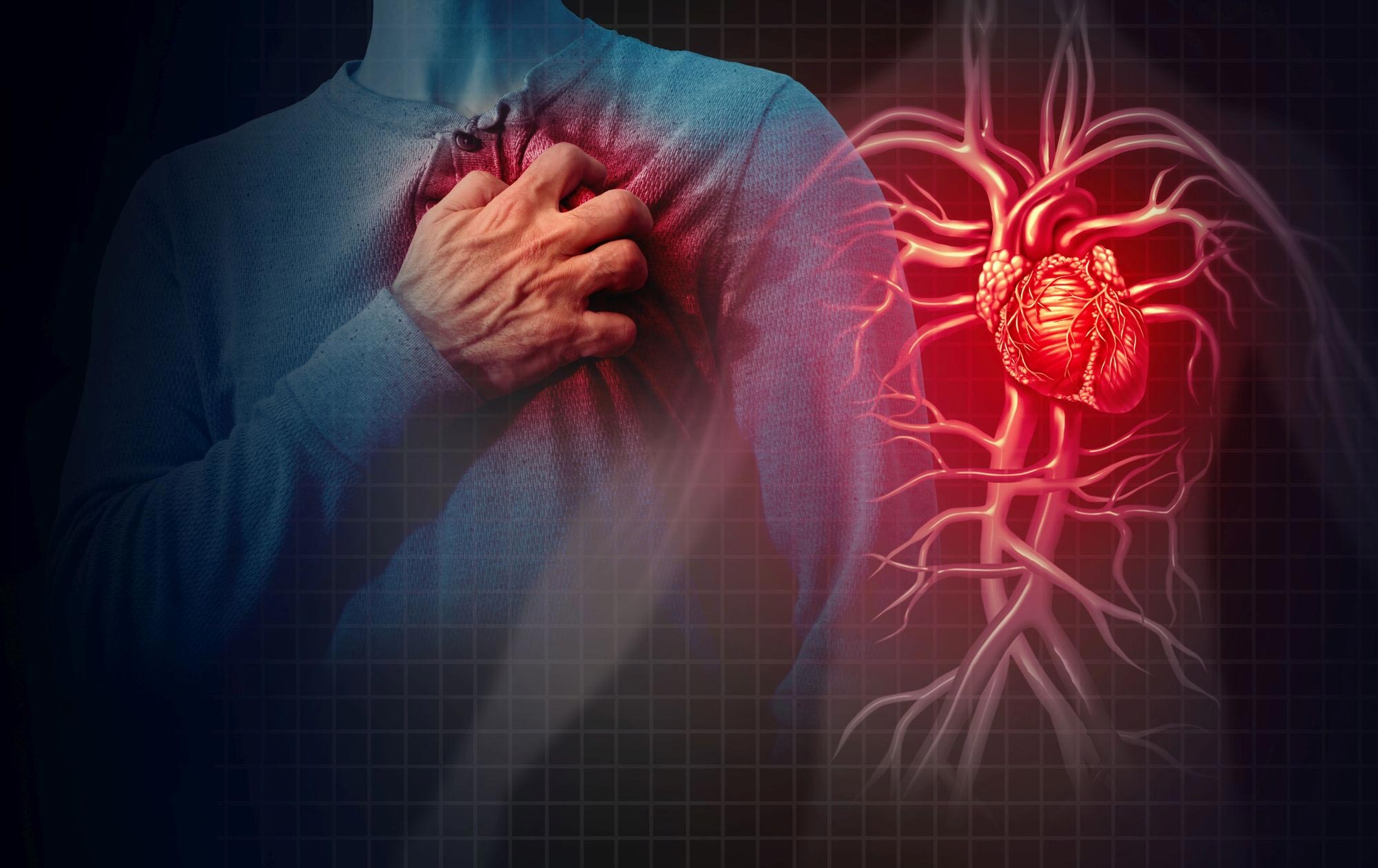HEALTH

EXPERTS WARN: ALCOHOL AND CANNABIS IN MEALS POSE DEADLY HEALTH RISKS
Public health experts have raised alarm over the growing trend of adding alcohol and cannabis to meals, warning that what may appear as culinary creativity could pose serious health risks. They particularly cautioned against its dangers for children, pregnant women, and people with existing medical conditions.
According to the experts, alcohol used in cooking does not always fully evaporate, and the residue left behind can put unnecessary strain on the cardiovascular system.
Recently, viral videos circulating on platforms like TikTok have shown individuals preparing meals with alcohol—and in some cases, cannabis—sparking widespread reactions and concerns. Many of the creators describe it as “a new way of getting high.”
Health specialists have cautioned that these practices could trigger severe complications such as heart attacks and strokes.
Professor Tanimola Akande, a public health expert at the University of Ilorin, condemned the practice, calling it both immoral and dangerous, especially when alcohol is served unknowingly to people who avoid it for religious, cultural, or health reasons.
“It is wrong to put alcohol into food for someone who deliberately avoids it. Such individuals, unaccustomed to alcohol, could become intoxicated quickly, have mood changes, get drunk, and possibly misbehave. Even if it doesn’t cause long-term problems after one-time use, the immediate effects can be troubling,” he explained.
Akande warned that the risks are even greater when cannabis is involved. He stressed that although some countries allow cannabis strictly for medical use, it remains illegal in Nigeria, and its infiltration into meals poses serious threats.
“It is worrying that this is happening among young people. Cannabis, when consumed in food, is unpredictable in strength, and people may underestimate its potency. It can cause increased heart rate, anxiety, panic attacks, or drowsiness, which are especially harmful to vulnerable groups,” he added.
The professor urged the public to completely avoid introducing such substances into cooking and to remain vigilant at social gatherings where food could be spiked with alcohol or cannabis. He emphasized that consuming these substances unknowingly could lead to addiction and other preventable health complications.
Similarly, licensed community health practitioner, Tahir Laurat, expressed concern about the trend, stressing that food is meant to nourish and not to endanger lives.
She noted that alcohol does not always burn off during cooking and even small amounts could harm individuals avoiding it for health, cultural, or religious reasons. “Alcohol is already a major contributor to diseases such as liver problems, diabetes, and heart disease. Adding it to food only increases unnecessary risks,” she said.
Laurat added that cannabis is even more dangerous when eaten because its effects are stronger and last longer compared to smoking, making accidental overdoses more likely. “When consumed in food, cannabis can trigger mental health issues such as paranoia, anxiety, or psychosis, particularly in vulnerable people,” she warned.
She stressed that children, pregnant women, and people with health conditions face the highest risk. “What looks like fun online can be harmful in reality. Even tiny amounts of alcohol or cannabis in food can harm unborn babies, weaken children’s growth, and worsen existing illnesses,” Laurat cautioned.
Both experts agreed that prevention is the best strategy. They emphasized that meals should remain a source of strength and wellbeing, not a gateway to health hazards.
“Food is meant to sustain life and promote good health. Turning it into a medium for intoxicants creates unnecessary dangers,” Laurat concluded, urging the public to keep meals safe, natural, and free of harmful substances.
"This represents a significant development in our ongoing coverage of current events."— Editorial Board









